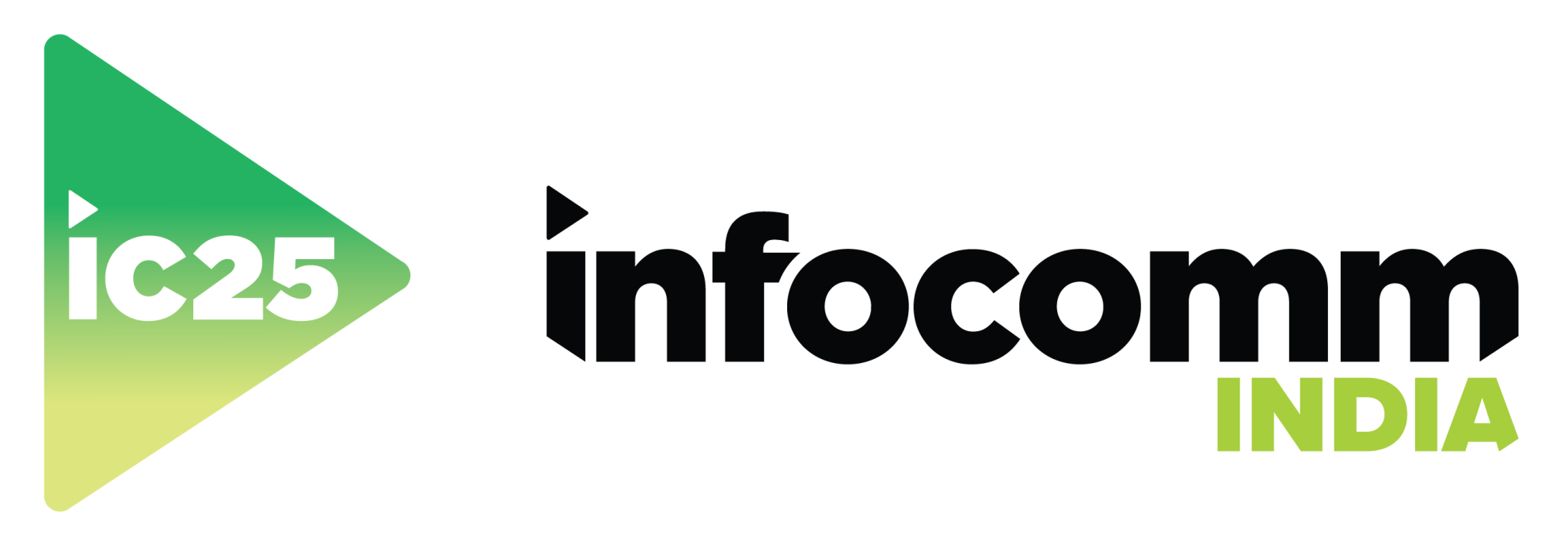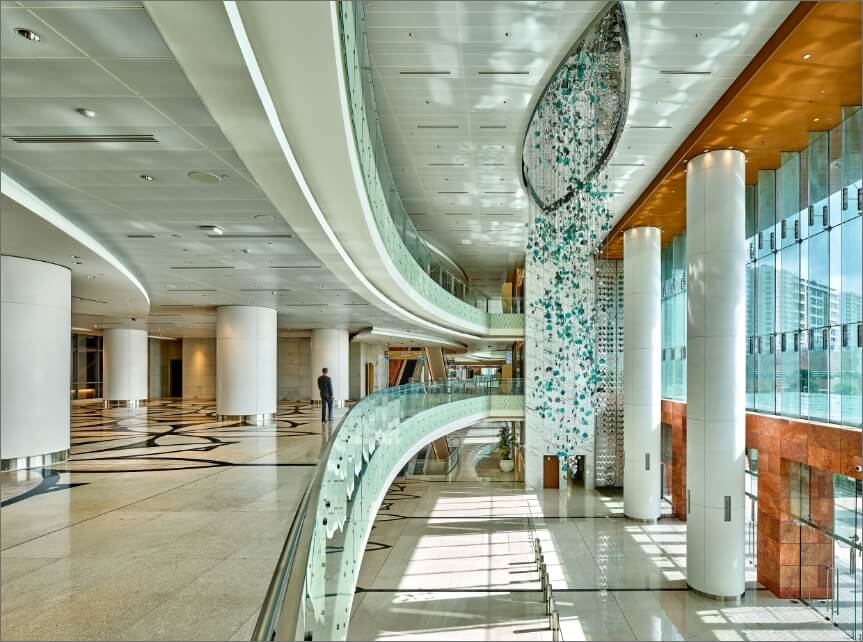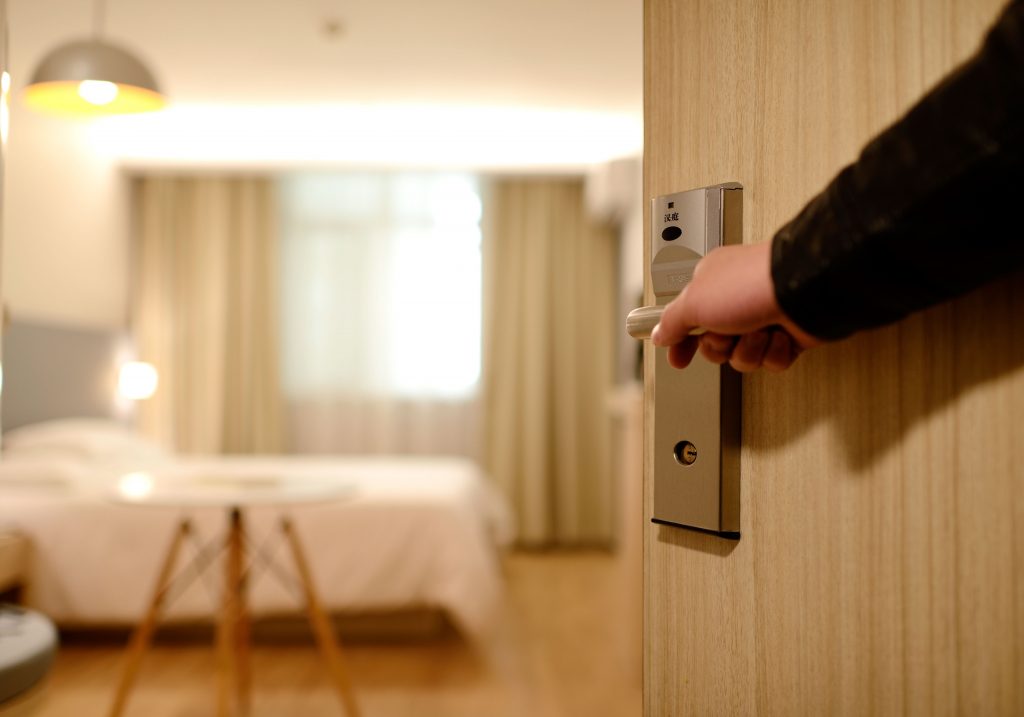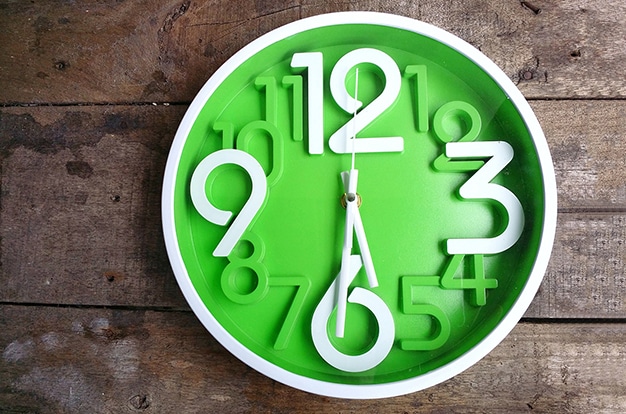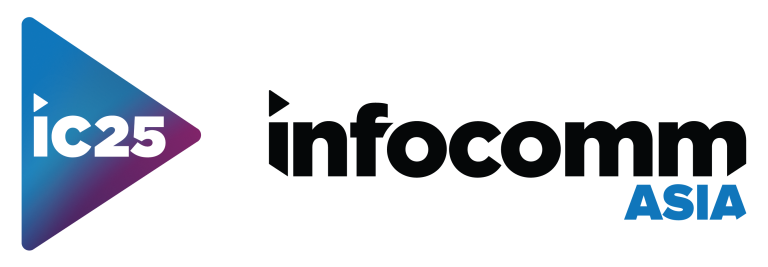Topic: Tech Dialogue: 5G, Data and IoT - How to Avoid Being Left Behind
Tech Dialogue: 5G, Data and IoT – How to Avoid Being Left Behind?
- How will 5G transform business operations and consumer behaviours?
- Age of big data: what to expect and how to prepare for It
- Building a cognitive enterprise through AI-powered transformation
- Key take-aways for business to stay competitive and sustainable
- Date/Time: 17 September 2020, 04:00 PM SGT
Moderator:
Jane Lo, Correspondent, MySecurityMedia; Director, Finboxx
Panellists:
Vihang Shah, Executive Advisor, SynFiny Advisors, Singapore
John Lee, Managing Director (ASIA PACIFIC), GRF ASIA-PACIFIC Pte Ltd
Oleg Ishanov, Director of Information Security, Acronis
